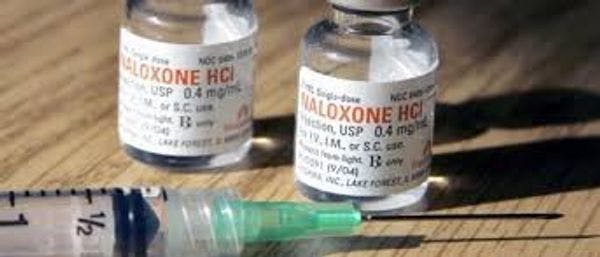More naloxone programmes to prevent the increasing opiate-overdose deaths in England are urgently needed
Globally thousands of lives could be saved by simply increasing opiate users’ access to naloxone. England experienced an alarming 32% increase in opiate-overdose deaths in 2013, totalling 765 in 2013. Blenheim and IDHDP were so appalled by these figures they called a Naloxone Action Summit to see what could be changed to reduce this number of unnecessary deaths. The Summit took place on Monday 27th October and the room was packed with people who wanted to see change happen quickly.
Participants were asked a series of questions before the event and what was clear was there was marked variation of naloxone availability, ranging from nothing to wide available to all. The main barriers to availability appeared to be lethargy, lack of understanding and knowledge, competing priorities, finance and confusion, particularly what you can and can’t do currently. Nationally, the lack of clear guidance or instructions from the centre, confusion about the MHRA consultation, the October 2015 date and funding issues. The main drivers were usually champions in the area with a real desire to reduce these deaths.
The summit got off to a positive start with Professor John Strang of the National Addiction Centre setting the scene and giving a history of naloxone. The evidence has long been available but it took until 1998 for Jersey to provide naloxone to opiate users, but then we had to wait until 2010 to see Scotland launch the first national programme. He then went on to encourage us to do the things we could, like prescribe to all entering opiate substitute treatment (OST). Professor Strang also stressed the necessity of considering families as a key work-force and highlighted the great importance of normalising use of naloxone. “Why should Naloxone use be any different from the use of insulin, glucagon, the EpiPen or defibrillators?”.
John Jolly reminded us of the ACMD recommendations made in May 2012, which after a review of naloxone said that it should be more widely available in the UK, there should be less restrictions to access and more training is needed. It would appear that saying more training is needed has been used to delay the immediate implementation until after the next election – particularly as training has been going on for sometime now and continues to do so.
Click here to read the full article.
Keep up-to-date with drug policy developments by subscribing to the IDPC Monthly Alert.
Regions
Related Profiles
- International Doctors for Healthy Drug Policies (IDHDP)
